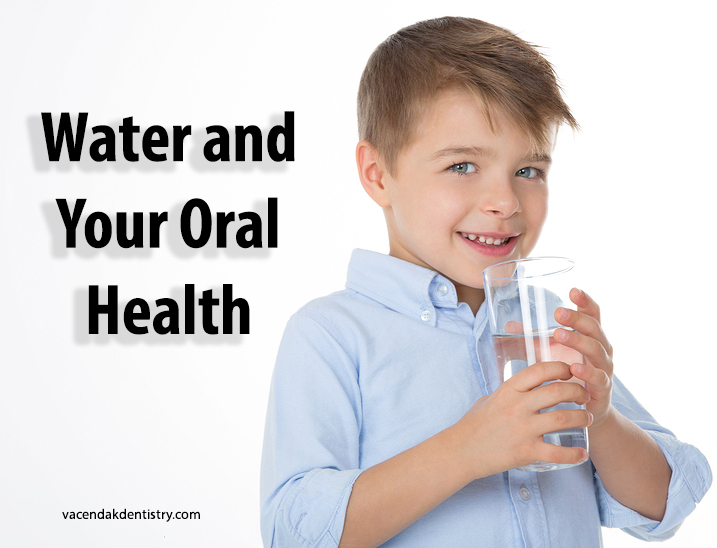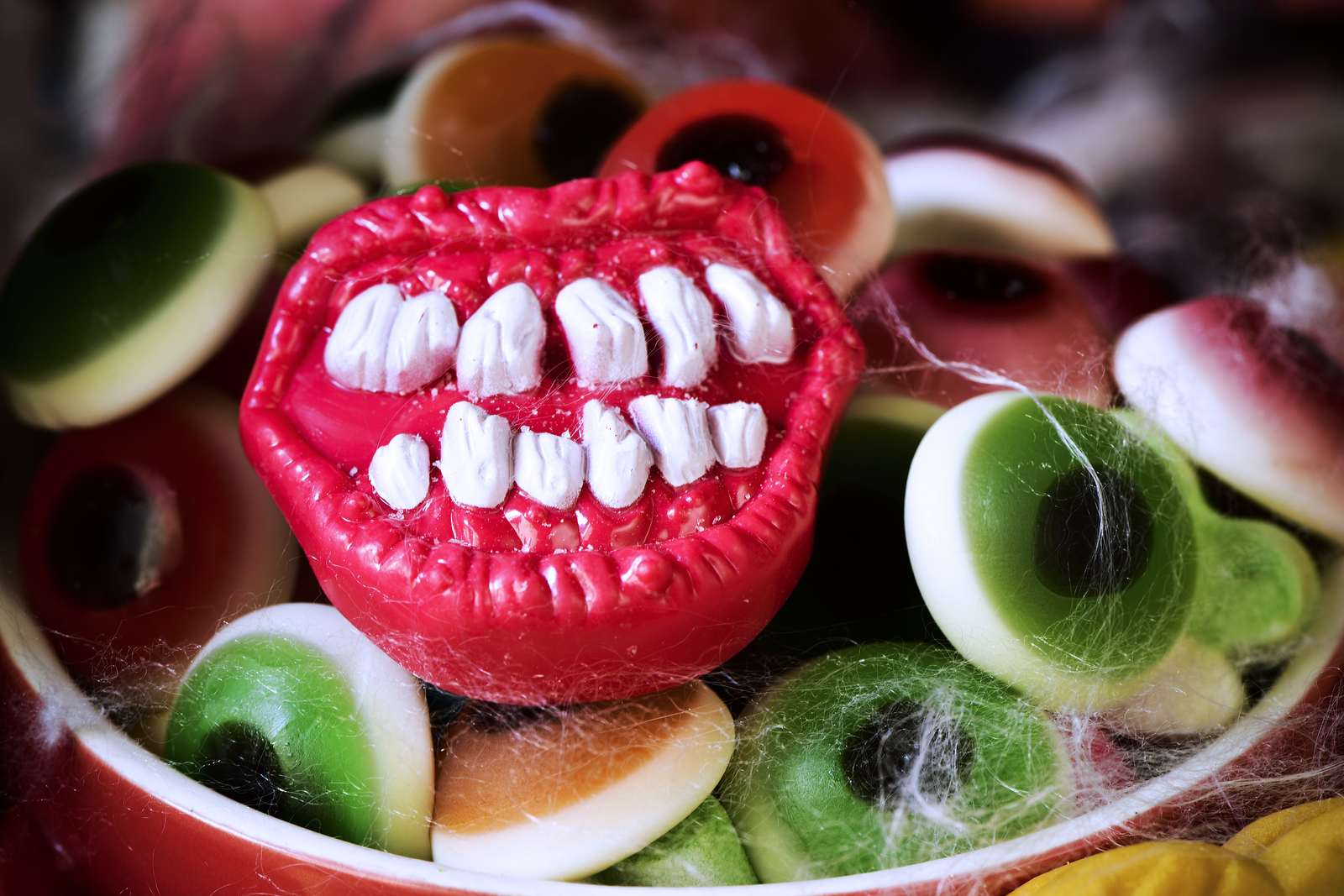Water and Your Oral Health
 We are all aware of the health benefits of drinking plenty of water—better digestion, clearer skin and weight management number among them. But did you know that drinking lots of water also improves oral health? Here’s how.
We are all aware of the health benefits of drinking plenty of water—better digestion, clearer skin and weight management number among them. But did you know that drinking lots of water also improves oral health? Here’s how.
Bacteria and Plaque Management
By lubricating the mouth and supporting the flow of saliva, proper hydration helps control the balance of bacteria in the mouth. It also loosens layers of plaque between brushing and flossing.
Dry Mouth Treatment
It may seem obvious, but the first course of treatment dry mouth is to make sure that you are drinking enough water. If that doesn’t fix the problem over time, these other oral health issues may be underlying causes.
Tooth Decay and Cavity Prevention
All water is not created equal. This is especially true when it comes to the health of teeth and gums. Bottled and certain types of filtered water don’t contain the fluoride necessary to fortify tooth enamel against harmful bacteria and plaque buildup. Drinking enough fluoridated water is particularly essential for young children.
According to the CDC, “Fluoride works by stopping or even reversing the tooth decay process—it keeps tooth enamel strong and solid. Tooth decay is caused by certain bacteria in the mouth. When a person eats sugar and other refined carbohydrates, these bacteria produce acid that removes minerals from the surface of the tooth. Fluoride helps to remineralize tooth surfaces and prevents cavities from forming.” The CDC website states that addition of fluoride to community water sources (tap water), also known as community fluoridation, has correlated with a dramatic decline in tooth decay over the past 70 years. While the reduction in overall tooth decay is also associated with better understanding of good oral hygiene habits, there is evidence that people who drink too much unfluoridated water are more susceptible to decay and cavities.
How can you make sure that the water your family consumes contains the dentist-recommended level of fluoride (at least 0.7 mmL)? The easiest way is to drink tap water instead of bottled or filtered water, as the EPA requires water to be fortified with fluoride. Concerned about other chemicals in the tap water? Check your city’s water quality report online. Chesapeake’s 2014 water quality report is available here.
While water isn’t the only source of fluoride (mouthwashes, rinses and toothpaste also contain it), it is the most effective and healthful way to make sure your teeth are protected.
How Much Water Should I Drink for Healthy Teeth and a Healthy Body?
Eight glasses of water day is the commonly accepted hydration standard, but it may not be the answer for everyone. Talk to your primary care physician for a personalized answer.
At Vacendak Dentistry, we’re firm believers that the health of the mouth contributes to the health of the whole body. Call us today at (757) 609-3510 to request a dental appointment. We accept nearly all insurance plans.


